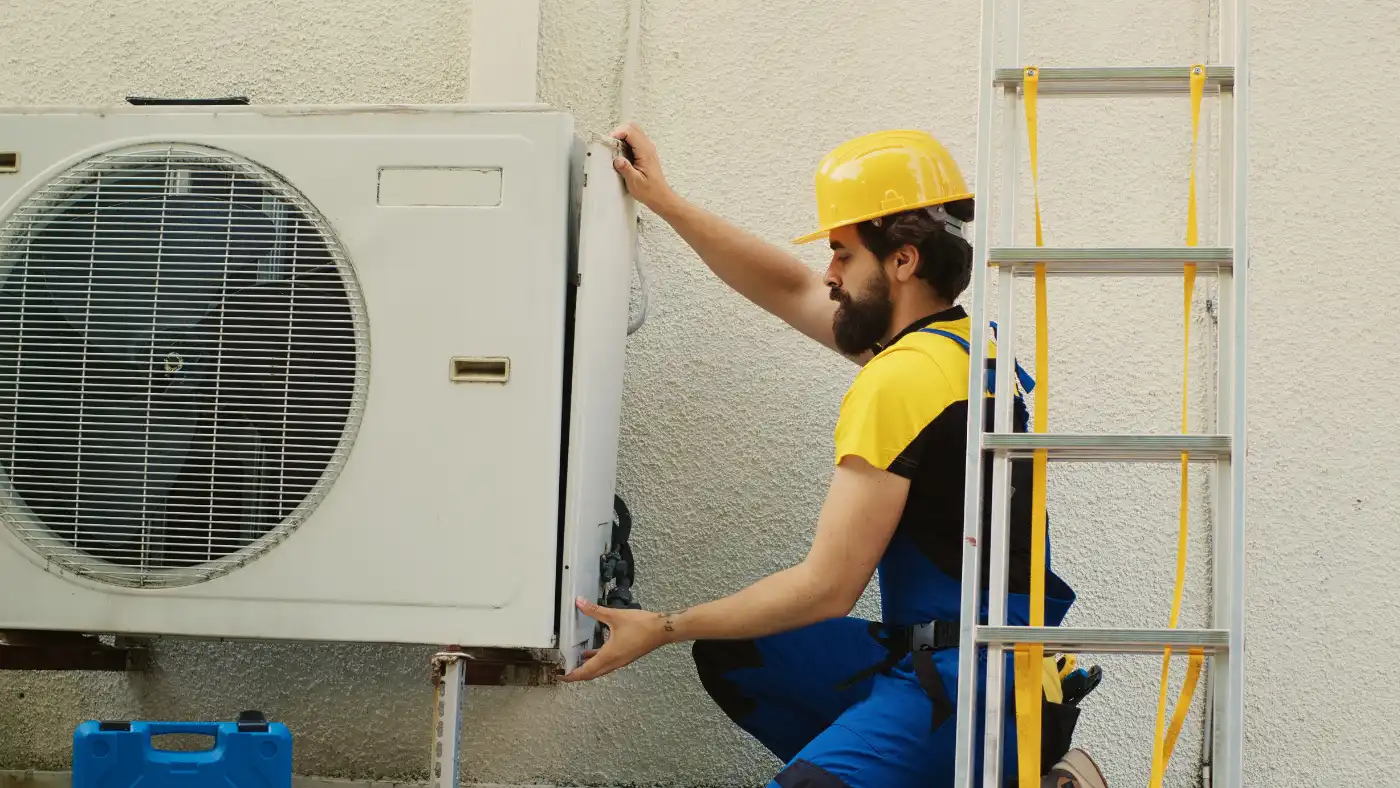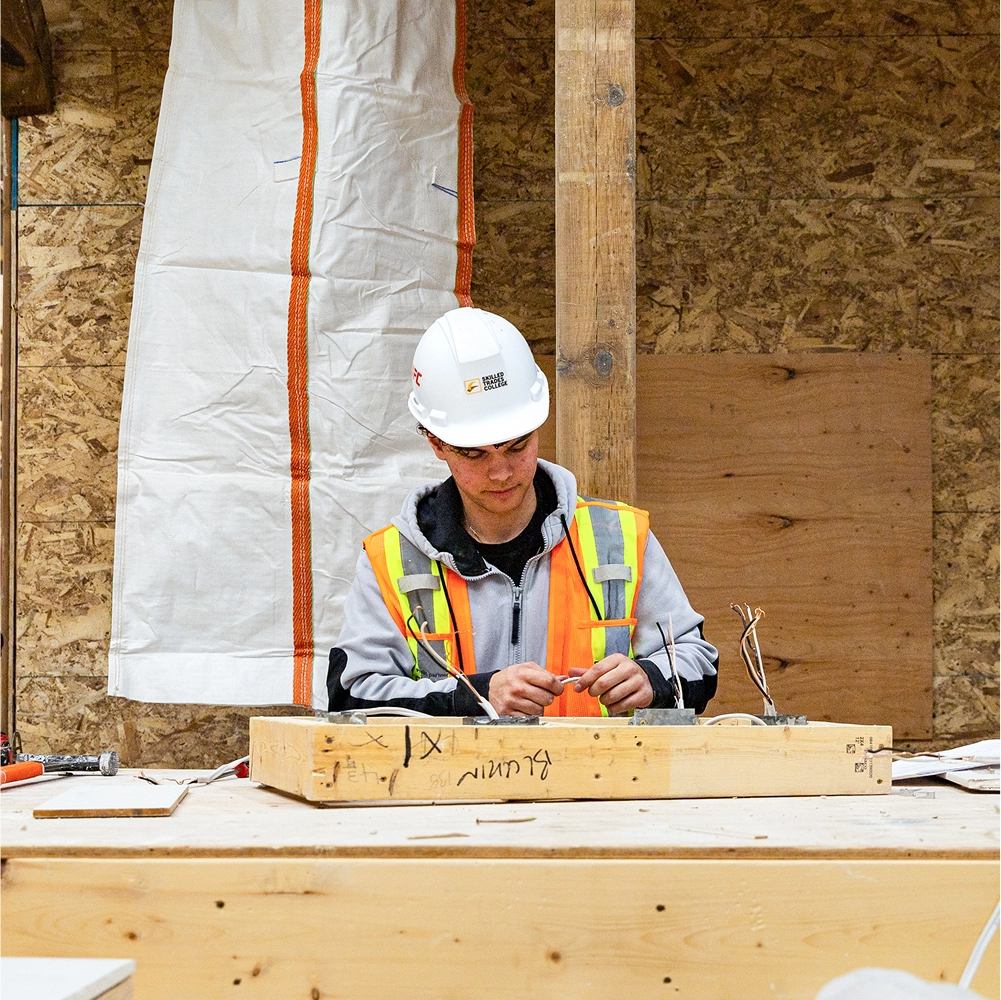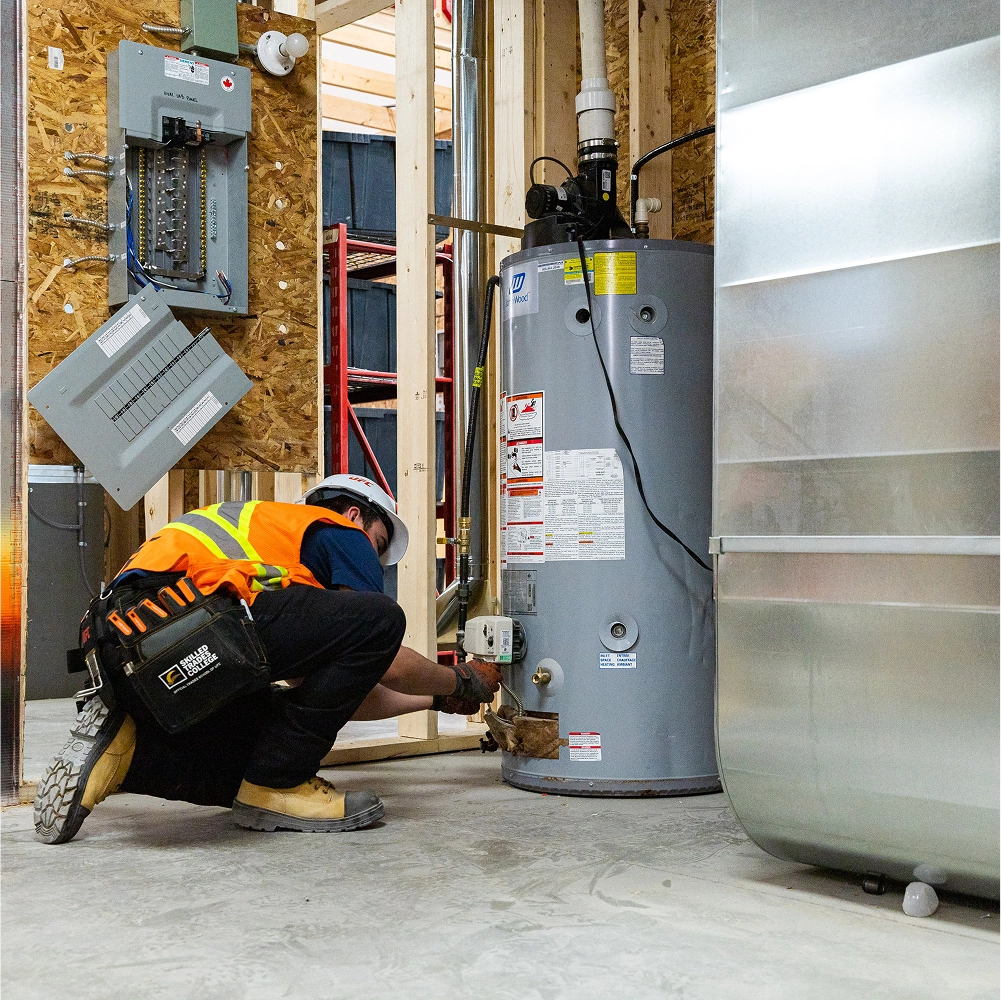Are you thinking about starting an HVAC program but wondering how long it will take? Knowing the length of the program can help you plan your time, budget, and career path better.
Whether you want to become an HVAC technician quickly or explore advanced certifications, understanding the timeline is key. Keep reading to discover exactly how long HVAC programs last and what factors can affect your training. This way, you can make the best decision for your future without any surprises.

Credit: www.furnaceprices.ca
Hvac Program Types
HVAC programs come in different types to fit various goals and timeframes. Each type offers specific training and knowledge for heating, ventilation, and air conditioning careers. Understanding these types helps choose the best path for your needs and schedule.
Certificate Programs
Certificate programs focus on basic HVAC skills and knowledge. They usually take a few months to complete. These programs are ideal for fast entry into the workforce. Courses cover essential topics like system installation, repair, and safety.
Diploma Programs
Diploma programs provide more detailed HVAC training than certificates. They often last around six months to one year. Students learn hands-on skills and technical concepts. This type prepares students for entry-level technician roles with practical experience.
Associate Degree Programs
Associate degrees in HVAC take about two years to finish. These programs combine classroom learning with labs and internships. They cover advanced topics like system design, energy management, and troubleshooting. Graduates have better job prospects and higher earning potential.
Bachelor’s Degree Options
Bachelor’s degrees in HVAC or related fields take about four years. These programs include engineering, management, and advanced technology courses. They prepare students for leadership roles and specialized HVAC careers. This level suits those seeking long-term growth in the industry.

Credit: www.housecallpro.com
Typical Program Lengths
Understanding the typical lengths of HVAC programs can help you choose the right path based on your career goals and time availability. HVAC training varies widely, from quick certificates to full degree programs. Each option offers different depths of knowledge and hands-on experience, so knowing what to expect can guide your decision.
Short-term Certificates
Short-term certificate programs usually take a few months to complete, often between 3 to 6 months. These programs focus on basic skills like system installation, maintenance, and safety protocols. If you want to start working quickly or upgrade specific skills, certificates offer a fast track without a huge time commitment.
Diploma Duration
Diploma programs typically last about 6 to 12 months. They provide more hands-on training and cover a wider range of HVAC topics than certificates. If you want a solid foundation that prepares you for entry-level jobs with a bit more depth, a diploma might fit your schedule and goals well.
Associate Degree Timeline
Associate degrees in HVAC usually take around 2 years to finish. These programs combine classroom learning with practical experience, including internships or lab work. If you’re aiming for a more comprehensive understanding and better job prospects, this timeline balances education and work readiness effectively.
Bachelor’s Degree Timeframe
Bachelor’s degrees in HVAC or related fields often require about 4 years. This option is less common but offers advanced knowledge in HVAC design, management, and engineering principles. If you’re interested in leadership roles or specialized technical work, investing this time can open more doors in your career.
Factors Affecting Program Duration
The length of an HVAC program depends on several key factors. These factors affect how long students spend learning and training. Understanding them helps set realistic expectations.
Program duration varies by study type, course format, hands-on training, and work experience. Each factor plays a role in the total time commitment.
Full-time Vs Part-time Study
Full-time study usually means attending classes during the day. It allows students to finish faster, often in 6 to 12 months.
Part-time study spreads classes over evenings or weekends. This path takes longer, sometimes up to 2 years.
Many choose part-time to balance work or family. The pace affects how quickly students complete the program.
Online Vs On-campus Courses
Online courses offer flexibility and self-paced learning. Students can progress faster or slower depending on their schedule.
On-campus courses have fixed class times and deadlines. This structure often leads to a more predictable timeline.
Some programs mix online theory with in-person labs. This blend can influence total duration as well.
Hands-on Training Requirements
HVAC training requires practical skills. Programs include lab sessions or workshops for hands-on experience.
The amount of hands-on time varies by school. More practice often means a longer program.
Hands-on training is vital to build confidence and skill. It cannot be skipped or rushed.
Internships And Apprenticeships
Many HVAC programs include internships or apprenticeships. These provide real-world work experience.
Internships may last a few weeks to several months. Apprenticeships can extend over multiple years.
These work placements add time but improve job readiness. They often influence the total program length significantly.
Choosing The Right Program Length
Choosing the right length for an HVAC program affects how quickly students start their careers. Different programs offer various durations, each with unique benefits. Consider your personal and professional situation carefully. Short programs teach essential skills fast. Longer programs provide deeper knowledge and hands-on training. Matching program length to your needs ensures success in HVAC training.
Career Goals Impact
Think about your career goals before picking a program length. Quick courses suit those who want to enter the workforce fast. Longer programs fit those aiming for advanced roles or specialties. Some positions require more education and training. Choose a program that matches the job you want.
Budget Considerations
Program cost often rises with length. Short programs usually cost less overall. Longer courses may need more tuition and materials. Factor in additional expenses like books and tools. Budget affects how long you can study comfortably. Balance cost with the quality and depth of training offered.
Time Availability
Look at your daily schedule and commitments. Full-time students may finish programs faster. Part-time study fits better for those working or caring for family. Some programs offer flexible hours or online classes. Choose a length you can manage without stress.
Certification And Licensing Needs
Check if your state or employer requires specific certifications. Some licenses need training hours from longer programs. Others accept shorter courses plus work experience. Ensure the program meets these standards. Proper certification helps in getting hired and advancing your career.
Accelerated Hvac Programs
Accelerated HVAC programs usually take 6 to 12 months to complete. These fast-paced courses focus on practical skills for quick job readiness. Many students finish sooner than traditional programs, saving time and money.
Accelerated HVAC programs are designed for those eager to dive into the HVAC industry quickly. These programs offer a fast-track route, allowing you to gain essential skills and start your career in a shorter time frame. It’s an appealing option for individuals who are ready to commit to intensive learning and eager to join the workforce.Benefits Of Fast-track Options
Accelerated HVAC programs can be completed in as little as six months, which means you can start earning sooner. The curriculum is intensive, focusing on essential skills and hands-on training. Employers often appreciate candidates from fast-track programs for their dedication and readiness to work.Potential Challenges
The pace of accelerated programs can be demanding. Balancing the course load with personal responsibilities might be tough. It’s crucial to ensure that the program covers all necessary certifications and training required for your specific career goals.Popular Accelerated Programs
Several institutions offer renowned accelerated HVAC programs. Schools like Lincoln Tech and Fortis College provide comprehensive courses. Researching each program’s specifics can help you find the best fit for your career aspirations. Choosing an accelerated program could be your stepping stone to a rewarding career. Are you ready to take on the challenge and fast-track your future?
Credit: www.skilledtradescollege.ca
Post-program Opportunities
Completing an HVAC program opens many doors for your career. The training prepares you for various roles in heating, ventilation, and air conditioning. After finishing the program, several opportunities become available to help you grow professionally. These include job placement support, paths for further education, and chances to gain more certifications.
Job Placement Rates
Many HVAC programs offer strong job placement assistance. Schools often have connections with local companies and contractors. This helps graduates find jobs quickly after completing the program. High job placement rates show the program’s quality and industry demand. Graduates usually enter roles like HVAC technician, installer, or maintenance worker. Some programs even provide resume help and interview practice.
Further Education Paths
After an HVAC program, you can continue learning. Some graduates choose to enroll in advanced technical courses. Others pursue degrees in related fields such as mechanical engineering or energy management. Further education can lead to higher-paying jobs and leadership roles. It also helps develop specialized skills in areas like refrigeration or green energy systems.
Continuing Education And Certifications
Certifications boost your skills and career options. Many HVAC professionals earn licenses such as EPA certification or NATE certification. These prove your knowledge and improve job prospects. Continuing education keeps you updated on new technologies and regulations. Many states require regular training to maintain your license. This ensures you stay competitive and knowledgeable in the field.
Frequently Asked Questions
How Long Does An Hvac Program Typically Last?
An HVAC program usually lasts between 6 months to 2 years. Duration depends on the course type, such as certificate, diploma, or associate degree. Shorter courses focus on basic skills, while longer programs cover advanced topics and hands-on training.
What Factors Affect The Length Of An Hvac Program?
Program length depends on the educational level, curriculum depth, and training hours. Full-time courses are shorter, while part-time options extend duration. Some programs include apprenticeships or internships, which add to the overall timeline.
Can Hvac Programs Be Completed Faster Online?
Yes, some HVAC programs offer accelerated online formats. These allow flexible pacing and self-study options, shortening program length. However, practical hands-on training may still require in-person attendance or scheduled lab sessions.
Is Apprenticeship Included In Hvac Program Duration?
Apprenticeships are often separate from formal HVAC programs but essential for experience. They can last 3 to 5 years and run alongside or after coursework. Some schools integrate apprenticeships, affecting total training time.
Conclusion
An HVAC program usually lasts from a few months to two years. The length depends on the type and depth of training. Some courses focus on basics, while others cover advanced skills. Choose a program that fits your goals and schedule.
Training gives you the knowledge to work safely and efficiently. Good HVAC skills open doors to many job opportunities. Keep learning even after the program ends. This field grows and changes with new technology. Stay updated to keep your skills strong and relevant.





